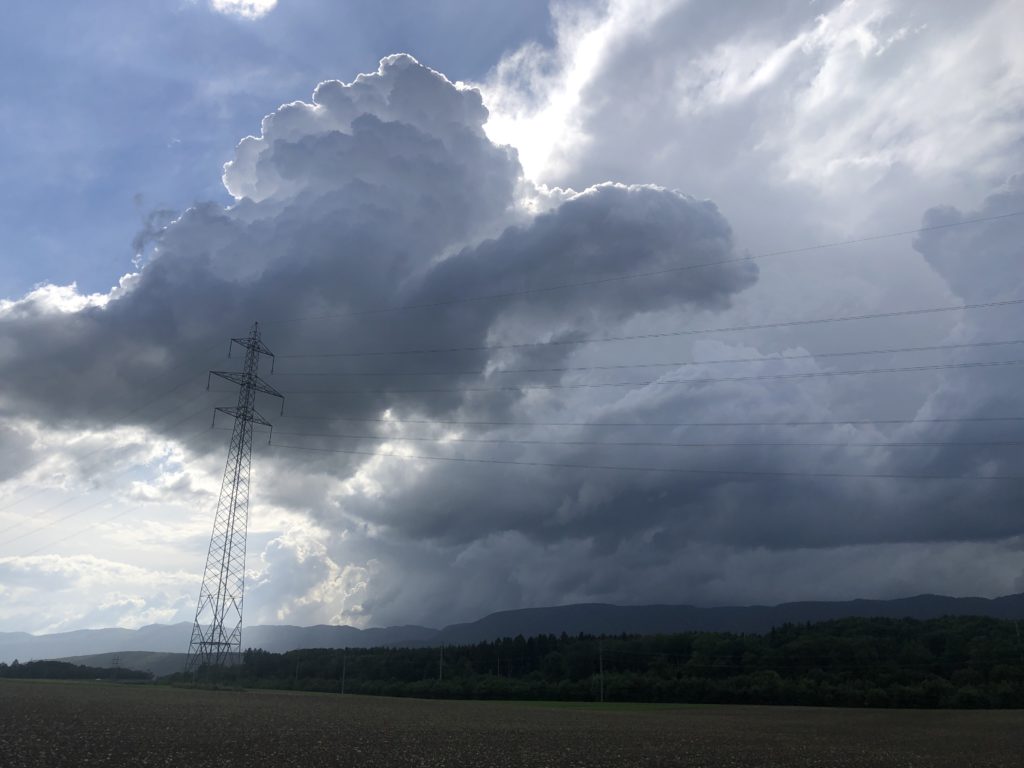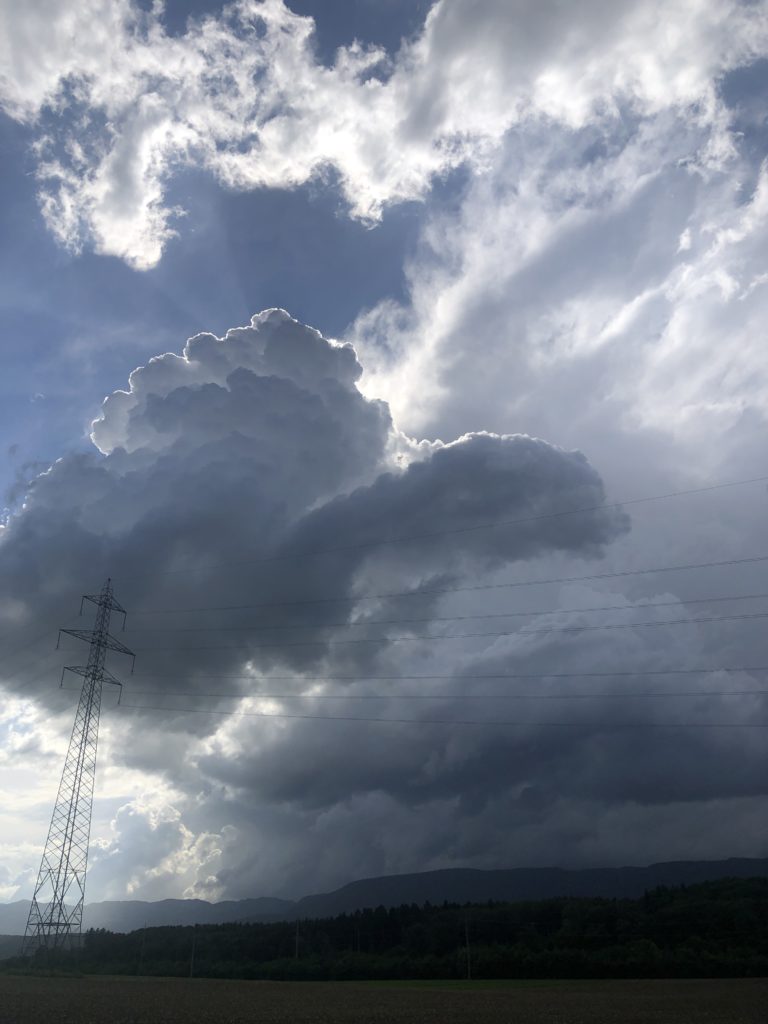Automation and the changing face of broadcasting
When I first wanted to become a camera operator cameras could cost more than one hundred thousand francs a piece and a simple edit suite would cost more than seventy thousand francs per edit suite. This was a setup with a player and a recorder. Producing content for broadcast was expensive. These days automation and the changing face of broadcasting allow anyone with a creative idea to get out there and do it.
For context imagine that from the moment I wanted to do camera work to the moment I was able to edit that material I had to wait for several years. As I had no access to edit suites I would read books by Eisenstein and others and I would prepare a paper edit. I would have a list of shots and build sequences in my imagination. This changed with the coming of the Miro DC30+ and Adobe Premiere. The first time I edited someone thing alone I spent a day for a two minute video. I had to learn to use the technology after all. This was fun.
I bring up this topic because Sky News and Sky sports are making camera operators and other skilled technicians redundant. Why have three or four camera operators when you can sit one person at a console who can control each camera remotely. When I was at France Télévision a few years ago I saw such a system. On the one hand it means fewer jobs for camera operators and on the other it means less indoor work.
I bring up this topic because both the United Kingdom and the United States are having “We hate foreigners” movements. Fifty two percent of British citizens who voted this time voted against the rights and freedoms of Europeans. They voted this way because there is a narrative in Anglo-Saxon media that foreigners steal jobs, that they are willing to work for much less money and that this is undercutting the demand for their skills and expertise. That narrative is wrong in a global economy where automation and more efficient work flows are being implemented.
The changes are part of a move for Sky news and sports into a new shared studio space. Though the studio already uses robotic camera technology, the new Ross Overdrive system means fewer staff will be needed to record shows for both Sky News and Sky Sports. Source
Two years ago I worked on a job that would theoretically lead to redundancies. I worked as a video archivist and media asset manager. When I started the job there were over three thousand tapes and at first I digitised and catalogued all the special envoy footage. We went from having hundreds of tapes on shelves to everything being instantly accessible via a media asset management system. In theory by digitising this material we have removed the need for physical jobs. We have eliminated the need for someone to walk around the archives, the need for a videotape operator, duplication and more. In effect the time from which a request for footage was made to the time that footage was ready for the client to download could take seconds or minutes rather than days.
As the material on those tapes was digitised the tapes could be moved for storage and the space that they had taken up can be re-allocated as office space for when the team expands.
Migration is people’s favourite excuse for unemployment but we live in the 21st century. Any boring menial task can be done by robots. Have you been to the data storage floor in CERN? A robot fetches the data tapes and transfers them for scientists to access and process upon request. Automated cars and buses are being tested, even in Sion.
I usually go to the shops once a day and I have three choices. I can use the checkout reader as I walk and shop, I can use the self checkout machine or I can go to a cash register and let a “specialist” do the work. I usually choose the first two options. My shopping is usually small, enough for a day or two. I hate having to sit at a desk for hours at a time. With self checkout registers shop staff have more diversity. One day they might be sitting at a cash register and the next day they might be standing and helping people with self checkout machines. In theory these machines threaten livelihoods but in practice I believe that they allow us to have a more friendly rapport with those working in the shop. We are learning from them. We are equal and in society where people feel that there is a growing divide between groups of people this is levelling the landscape.
For a few weeks recently we had a lot of rain and I used that time to watch videos made by youtubers and I thought about how lucky they are compared to me. I questioned whether instead of becoming a blogger I would have become a vlogger, and if I had what would the topic have been. What I envy of youtubers is that they can buy a cheap camera for three or four hundred francs of use their mobile phone and create video content. Macs and PCs now come with video editing software therefore the cost of entry for making youtube videos is low. Distribution is simplified and revenue generation is easy to implement although it does take hard work to generate a comfortable income.
I have worked as a live camera operator for conferences, virtual press conferences and other live events and the assignments are the most fun are those where you are providing mobile coverage of events rather than static coverage. Conferences are a perfect place to bring in automation. With one robot camera operator, one colour grader, one sound technician and one vision mixer you can provide event coverage. Camera operators are free to get material of breakout sessions, team work and more. At a sports event camera operators are free to get more fans reacting to the event. It is always fun to watch fans have a good time. Automation frees people up to find interesting and dynamic projects to work on instead. That’s why we went to university, to expand our skills and competence, to have a broader range of tasks and competencies.


